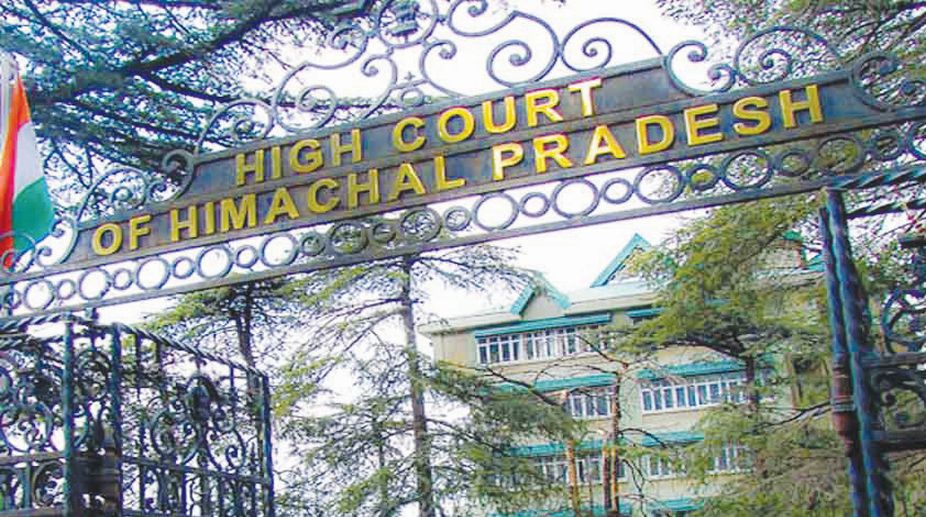Pranav Shukla
On 17th October the Himachal Pradesh High Court brought to light that the right to hold a telephone conversation in private would certainly fall under the right to privacy. The Court passed the ruling while dismissing a plea filed by a man who sought to place on record a recording of a telephone conversation that allegedly took place between his wife and her mother.
The court dismissed the plea and opined that such means of collecting evidence violates Article 21 (life and personal liberty) of the constitution. Unless the same is permitted under procedure established by law.
A reference was made for the same by the supreme court’s landmark 1997 ruling in PUCL vs. Union of India, AIR 1997 SC 568 (famously known as the telephone tapping case).
The Court also noted that the right to privacy has since been recognized as a fundamental right that is integral to Article 21 in the Puttaswamy case. In view of this, the Court proceeded to dismiss the husband’s petition.
Justice Bipin Chander Negi articulated that the right to hold telephone conversation in private would fall under the umbrella of right to privacy.
“Putting recorded conversation of plaintiffs wife and her mother as evidence is illegal, as this results in violation of her right to privacy, Hence the recording is not admissible as evidence,” the court said.
Senior Advocate NS Chandel and Advocate Vinod Kumar Gupta appeared for the petitioner.
Senior Advocate Sanjeev Kuthiala and Advocate Abhishek represented the respondent (petitioner’s wife).

